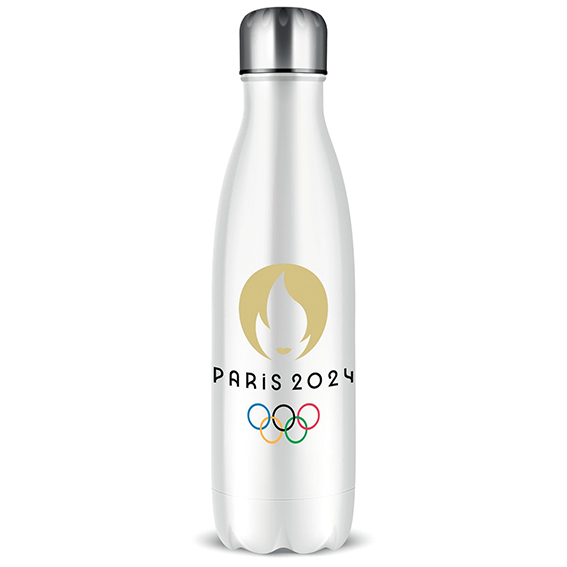Paris 2024 succeeded in reducing the carbon footprint of the Olympic and Paralympic Games by 54.6% compared to the average of London 2012 and Rio 2016, with a carbon footprint calculated at 1.59 million tons of CO2 equivalent. With its actions to promote the circular economy and protect the environment, Paris 2024 leaves an organizational model and tools to inspire the organization of even more responsible events, both in France and internationally.
To monitor, reduce and estimate its carbon emissions throughout the preparation of the Games, Paris 2024 created a dedicated climate team within the Committee, supported by experts from the Committee for the Ecological Transformation of the Games. Paris 2024 also enlisted the support of independent expert firms trained in the Bilan Carbone® method, and developed a method and calculation tool containing nearly 10,000 data points.
Paris 2024 also made the reduction of single-use plastic one of the main thrusts of its circular economy and more responsible catering strategy. The beverage distribution model implemented by Paris 2024 and Coca-Cola, Global Partner of the Games, made it possible to halve (-52%) the amount of single-use plastic compared to the London 2012 Games per isovolume distributed, according to the Paris 2024 pledge. According to a survey of 1,000 spectators, 80% of them took the opportunity to carry and fill their personal water bottles at the free water fountains installed by Paris 2024, thus contributing to the reduction in the use of single-use plastic. In absolute terms, the reduction is even -70% thanks to the possibility for spectators to carry and fill their water bottles at the free water fountains installed by Paris 2024.
Thanks to the eco-design of the products and services offered, the use of standardized sorting systems with CITEO and host communities, and the behavior of the Games public encouraged by the “Better Together / Faire Mieux Ensemble” communication campaign created by Paris 2024 and deployed on a large scale, waste production was reduced by 60% compared to London, and more than 78% of the waste produced during the operational phase of the Games was recovered or avoided (compared to London 2012 in terms of avoidance).














